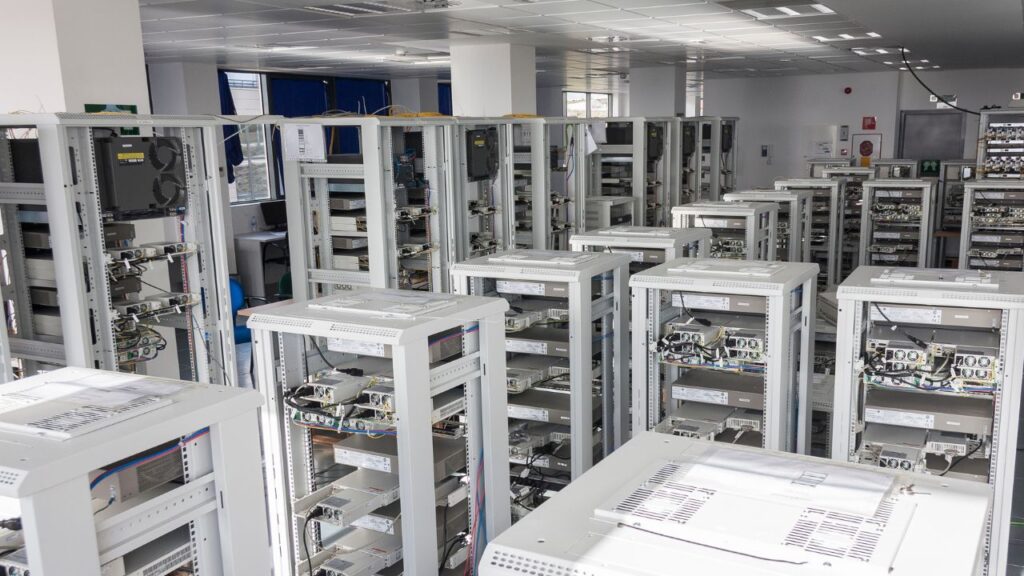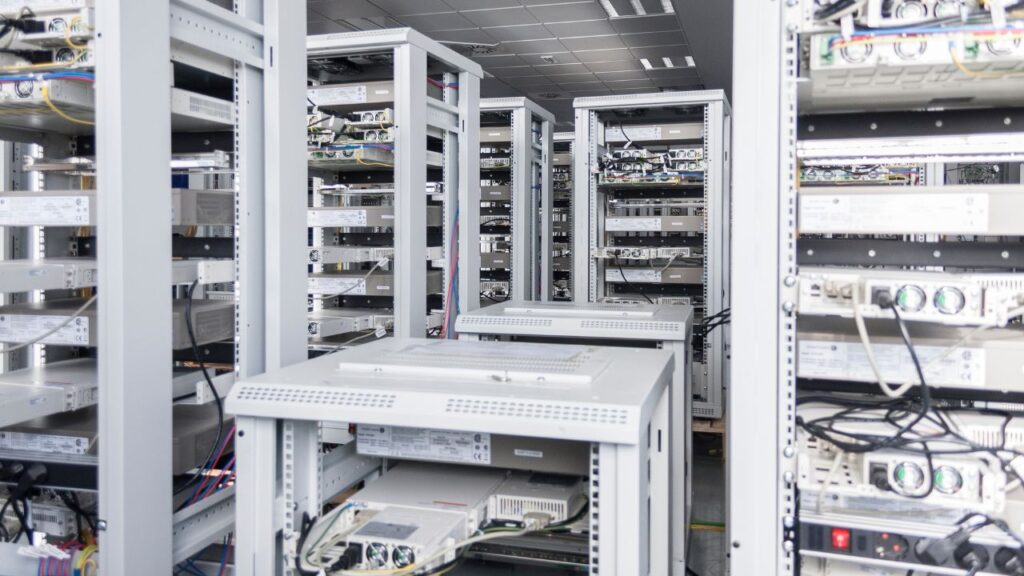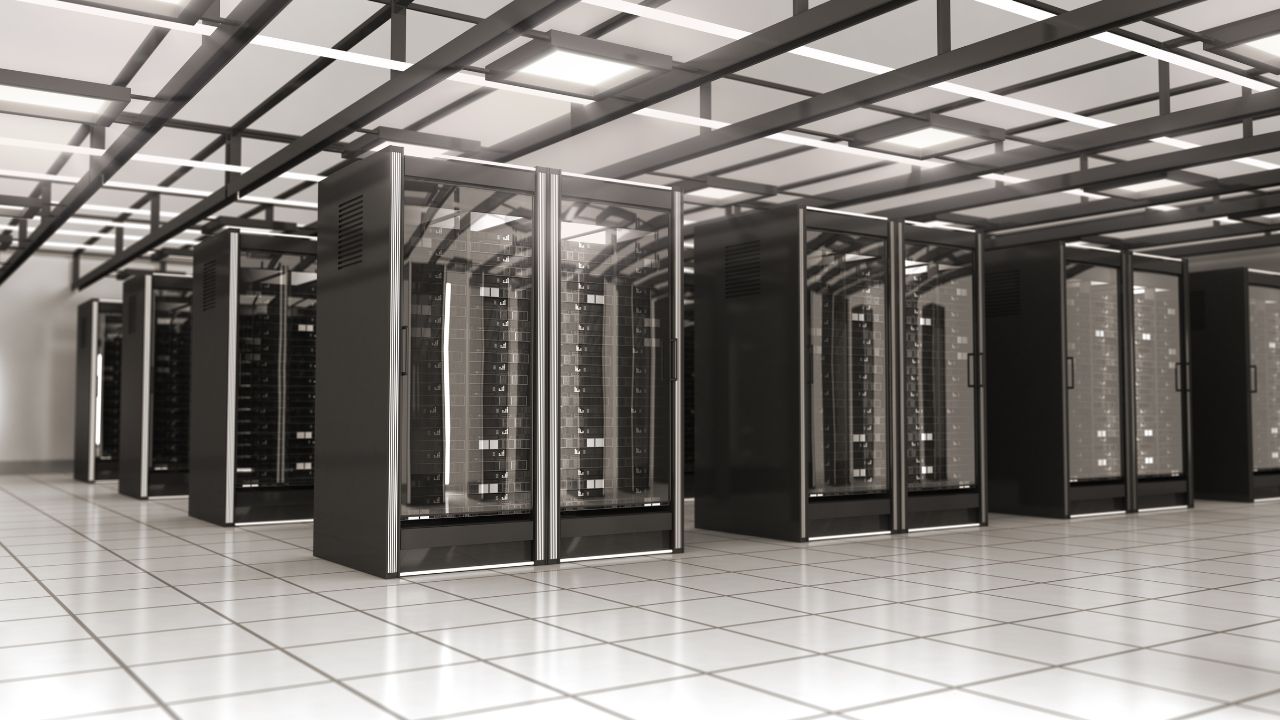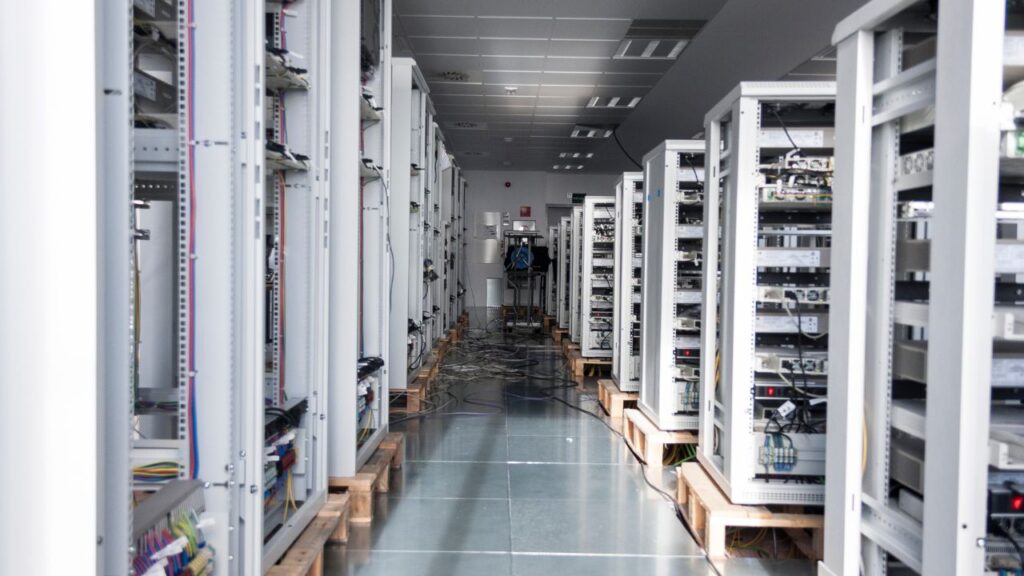Boost Your Data Center Construction Bids – Request a Precision Estimate!
- Accurancy
- Efficiency
- Transparency
- Customization
- Time Saving
- Professionalism
- Cost Control

In the ever-evolving landscape of technology, data centers stand as the backbone of our digital infrastructure. Constructing a data center involves meticulous planning, cutting-edge technology, and a comprehensive understanding of the associated costs. One crucial metric that guides these projects is the cost per square foot. In this article, we explore the key factors influencing data center construction costs, and will understand about some costs, the importance of optimizing expenses, and strategies for achieving cost-efficiency.

Embarking on the estimation of data center construction costs necessitates a meticulous understanding of the project’s scope. The intricacies of factors such as size, design complexity, geographical location, and the intended functionality of the data center play pivotal roles in shaping the overall cost landscape. Achieving accurate projections requires a comprehensive assessment of these variables. Only through a detailed understanding of the project scope can estimators navigate the nuances and intricacies that impact costs, laying a solid foundation for a precise cost estimation process.

Fully Insured Licensed Hire Contractor for Data Center Construction
Hire Contractor
Make Informed Design Decisions Showcase Your Design Ideas
Get RenderingThe backbone of a data center lies in its physical infrastructure, comprising crucial elements such as servers, networking equipment, power distribution systems, and cooling mechanisms. Each of these components incurs costs that significantly contribute to the overall budget. Opting for high-quality, energy-efficient equipment is not merely a matter of performance optimization but a strategic decision for ensuring long-term cost-effectiveness. The selection of these components forms a critical aspect of the cost estimation process, requiring a delicate balance between performance requirements and budget constraints.
A substantial proportion of operational costs in a data center is attributed to power consumption and cooling. The construction phase demands careful consideration of efficient power distribution systems, reliable backup generators, and cutting-edge cooling technologies. These elements are indispensable for maintaining optimal environmental conditions within the facility, safeguarding the integrity of critical equipment. The investment in energy-efficient solutions during the construction phase not only serves to curtail ongoing operational expenses but also aligns with the increasingly crucial objective of enhancing sustainability, a facet gaining prominence in contemporary data center designs.
The secure and compliant operation of a data center is non-negotiable, and the associated costs form a significant component of the overall construction expenses. Implementing state-of-the-art security systems, robust access controls, and ensuring adherence to regulatory standards are imperative to mitigate potential risks. Neglecting these critical aspects during the construction phase can expose the data center to both financial vulnerabilities and reputational risks.

Hence, accounting for the costs associated with security and compliance measures is an essential facet of the comprehensive data center cost estimation process, ensuring the facility’s resilience in the face of evolving security landscapes and regulatory frameworks.
The foundational aspects of a data center, including the core building structure such as foundation, walls, and roof, generally incur costs ranging from $130 to $220 per square foot. While comparable to industrial and office buildings, it’s essential to consider that data centers require additional structural reinforcement to support the weight of heavy equipment.
The heart of data center construction lies in infrastructure, covering redundant power systems, cooling units, backup generators, and intricate cabling. This critical component significantly impacts costs, with figures soaring to a substantial $300 to $500 per square foot. For facilities demanding ultra-high availability, these costs can climb even higher.
Data centers are classified into tiers based on their uptime and redundancy guarantees. Tier IV, representing the pinnacle of reliability, involves intricate fault tolerance measures. This level of reliability comes at a premium, with costs potentially exceeding $1,000 per square foot. The tiered uploading concept adds another layer of cost complexity to data center construction.
Prioritizing energy efficiency and sustainable practices is not only a responsible environmental choice but also a strategic financial decision for data center operators. Implementation of energy-efficient technologies and sustainable practices contributes significantly to reducing operational costs over the facility’s lifecycle. Strategies may include harnessing renewable energy sources, optimizing airflow management to reduce cooling demands, and deploying energy-efficient hardware. By integrating these initiatives, data centers can realize long-term savings and align with the growing demand for environmentally conscious operations.

Embracing modular construction methods revolutionizes the traditional approach to data center construction. The modular approach involves building data center components in scalable and flexible units. This method allows for faster deployment, reducing construction time, and potentially resulting in cost savings. Moreover, modular designs offer the advantage of phased expansions, enabling data center operators to align infrastructure growth with evolving demand. The scalability and flexibility of modular construction make it a valuable strategy for efficient and cost-effective data center development.
Cooling is a critical aspect of data center operation, constituting a substantial portion of energy consumption. Innovations in cooling technologies play a pivotal role in enhancing efficiency and lowering operational costs. Exploring alternatives such as liquid cooling or advanced air management systems can significantly improve the overall effectiveness of cooling infrastructure. Additionally, strategic placement of servers, optimizing the layout, and adopting efficient cooling technologies contribute to creating a sustainable and cost-effective cooling solution for data centers.
Considering the entire lifecycle of a data center during the planning phase is paramount. Investing in durable and scalable technologies ensures that the facility remains relevant and adaptable to evolving technological requirements. This approach reduces the need for frequent upgrades and associated costs, enhancing the overall efficiency and sustainability of the data center. Future-proofing involves anticipating advancements in technology and ensuring that the infrastructure can accommodate these changes seamlessly. A strategic and comprehensive approach to lifecycle management safeguards against obsolescence and aligns the data center with long-term operational and cost efficiency objectives.
Constructing data centers involves understanding project scope for accurate cost estimation. The backbone includes physical infrastructure components and efficient power and cooling systems. Security and compliance are non-negotiable, with associated costs crucial for mitigating risks. The cost breakdown reveals core & shell foundational aspects ranging from $130 to $220 per square foot and infrastructure costs climbing to $300 to $500 per square foot.
Optimizing costs through strategies such as energy efficiency, modular construction, innovative cooling, and lifecycle management is essential for long-term efficiency. In navigating data center construction, understanding costs and implementing effective strategies are paramount for a successful, efficient, and sustainable facility.
Factors such as size, design complexity, location, and intended functionality significantly impact data center construction costs. Accurate projections require a detailed assessment of these variables.
A detailed understanding of size, design, location, and functionality helps estimators navigate nuances, ensuring precise cost estimation and a solid foundation for the project.
Physical infrastructure, including servers, networking equipment, power distribution systems, and cooling mechanisms, incurs costs crucial to the overall budget.
Power consumption and cooling represent a substantial proportion of operational costs. Efficient systems are vital for maintaining optimal conditions and enhancing sustainability.
Security systems, access controls, and regulatory compliance measures are imperative, with costs forming a significant component of construction expenses to mitigate risks.
Foundational aspects, including the core building structure, generally incur costs ranging from $130 to $220 per square foot.
Infrastructure, covering power systems, cooling units, backup generators, and cabling, significantly impacts costs, ranging from $300 to $500 per square foot.
Data centers are categorized into tiers based on uptime and redundancy guarantees. Higher tiers demand intricate fault tolerance measures, potentially exceeding $1,000 per square foot, adding complexity to construction costs.
Here I am going to share some steps to get a data center construction cost estimate report.
You can send us your plan on info@estimatorflorida.com
Before starting your project, we send you a quote for your service. That quote will have detailed information about your project. Here you will get information about the size, difficulty, complexity and bid date when determining pricing.
Our team will takeoff and estimate your project. When we deliver you’ll receive a PDF and an Excel file of your estimate. We can also offer construction lead generation services for the jobs you’d like to pursue further.



561-530-2845
info@estimatorflorida.com
Address
5245 Wiles Rd Apt 3-102 St. Pete Beach, FL 33073 United States
561-530-2845
info@estimatorflorida.com
Address
5245 Wiles Rd Apt 3-102 St. Pete Beach, FL 33073 United States
All copyright © Reserved | Designed By V Marketing Media | Disclaimer